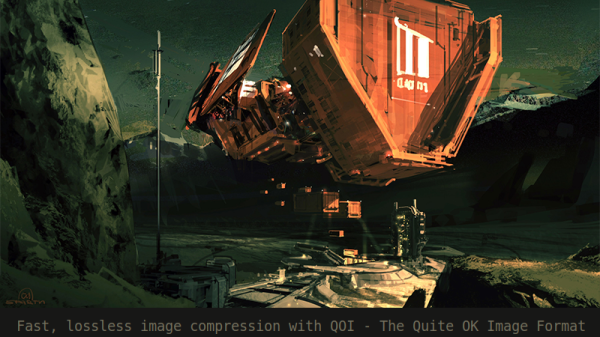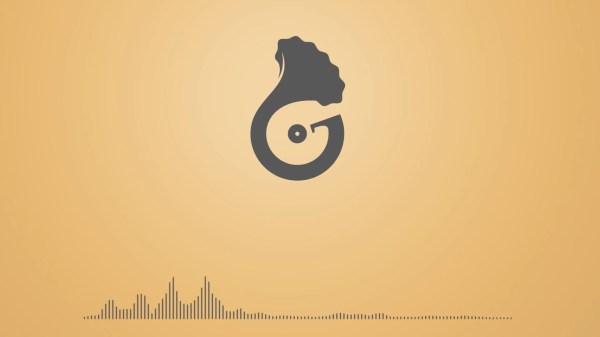[Dominic Szablewski] was tinkering around with compressing RGB images, when he stumbled upon idea of how to make a simple lossless compression algorithm, resulting in the Quite OK Image Format, which seems to offer comparable file sizes to the PNG format but is so simple it runs up to 50 times faster for compression and up to four times faster for decompression. Implementation can be achieved with a miniscule 300 lines of C. Need a bit more detail on the real-world performance? Well [Dominic] has that covered too, with a complete set of benchmarks for your perusal.
Image formats are one of those things these days that are designed by consortium, with so much complexity wedged in making it hard to implement with limited resources, so we find it very refreshing to see someone going back to basics and producing something super lightweight, and plenty good enough in practical terms.
Other uses for the algorithm could be for super simple video compression, for applications where resource is tight and some low-effort bandwidth reduction would be beneficial. Implementation in a small FPGA would also be quite straightforward, since the memory requirement is quite low also.
The project is very new and already there are some tweaks happening to the format, so the GitHub project code may change without warning to reflect any corrections [Dominic] feels necessary.
Thanks [David] for the tip!












